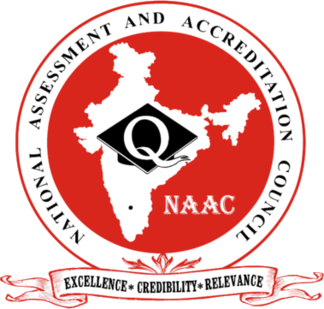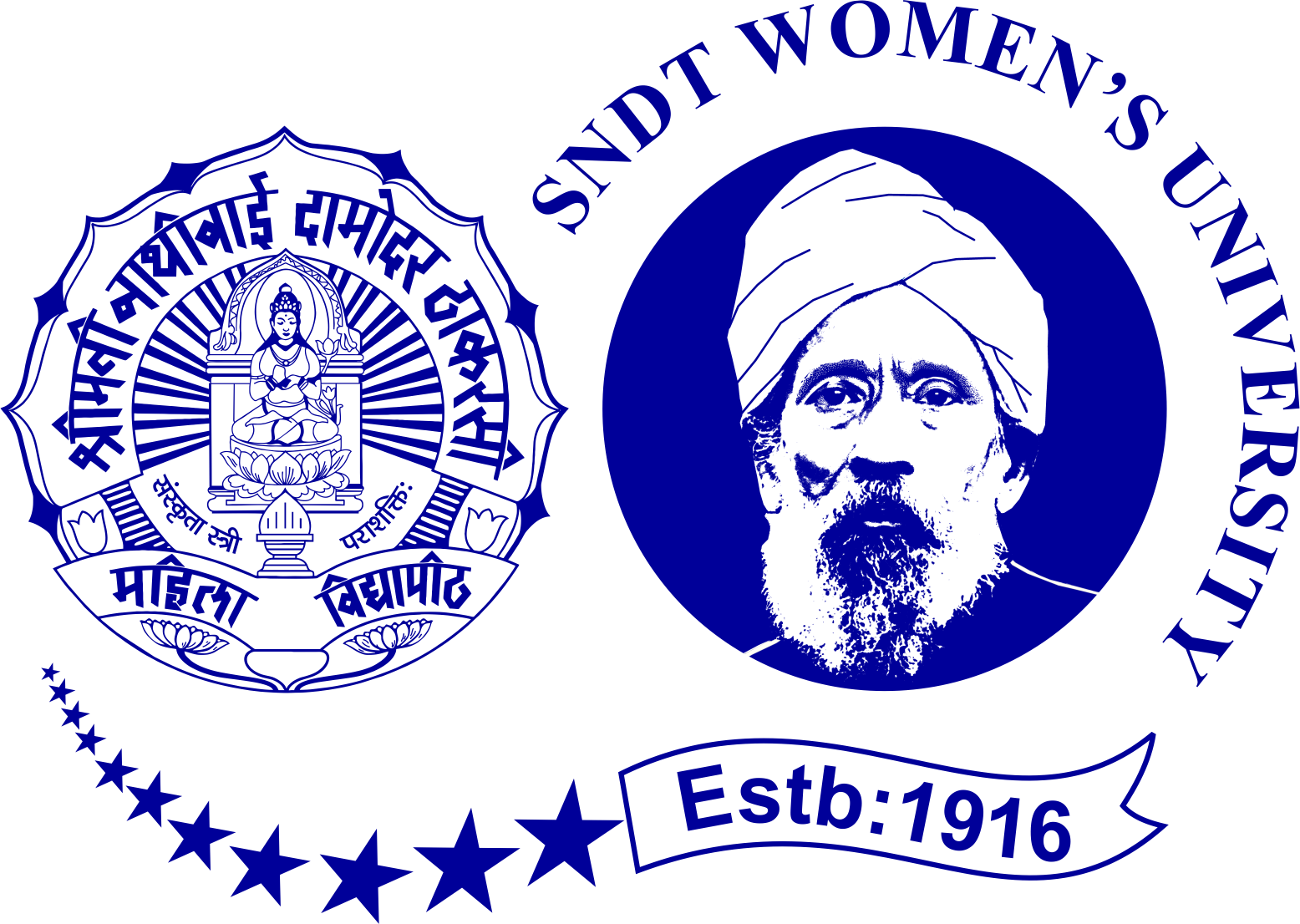Course Outcomes (DMLT)
Programme Outcomes:
Diploma in Medical Laboratory Technology Is a three years diploma programme designed to impart experiential learning to the students in order to develop a desired workforce to combat ever increasing demand of Medical Lab Technicians in the healthcare sector. The programme is designed with specific inputs from industry experts, based on the latest technologies available and in practice for individuals interested in entering the field of clinical laboratory science. This programme will cover all aspect of clinical lab analysis including analysis of body matter, Haematology, Biochemistry, Pathology, Microbiology, Serology and Blood Banking etc. Students will also learn operations of advanced lab equipments used for providing various laboratory tests reports.
Programme Educational Objectives:
- Students will have knowledge and research practices required for clinical testing laboratories.
- Students will be able to function efficiently, confidently and safely in clinical laboratory settings including hospital environments.
- Students will be able to follow ethical practice associated with medical lab technology.
- Students will have updated knowledge of research trends in health care.
- Students will be able to work and communicate effectively in inter-disciplinary environment, either independently or in a team, and demonstrate significant leadership qualities.
- Students will engage in life-long learning and professional development through continuing education by graduate programs.
Upon the completion of the course students will be able to:
- Apply knowledge and technical skills associated with medical lab technology.
- Perform routine clinical laboratory procedures within acceptable quality control parameters in Haematology, Chemistry, Immuno haematology, and Microbiology.
- Demonstrate technical skills, social behaviour and professional awareness imperative upon a laboratory technician.
- Apply problem solving techniques in identification and correction of procedural errors, instrument malfunctions and verifying the accuracy of laboratory results.
- Demonstrate ability to plan and implement professional activities.
- Understand professional and ethical responsibility in medical lab technology practices.
- Efficiently execute well-designed research experiments, and contribute to organization, analysis and interpretation of clinical data.
- Understand the impact of laboratory tests in a global and environmental context.
- Work as a leader in the diverse professional and industrial research areas.
- Communicate effectively by oral, written, and graphical means.
- Recognize the need to engage in lifelong learning through continuing education and research.
Programme Specific Outcome:
- The students will acquire the knowledge and skills in different areas of Communication, Decision Making, Innovations and Problem solving in day-to-day medical activities.
- Students will gain thorough systematic and subject skills within various disciplines of Chemistry, Physics, Biology, Anatomy, Physiology, Haematology, Botany, Biochemistry, EVS, Communication and Computer.
- Students can also get the practical skills to work as Medical technician, Lab assistant, Medical writer, MRI technician, Research officer and Computer operator.
- Students will learn relevant Advanced Medical laboratory technologies and skills, applying both quantitative and qualitative knowledge to their future careers in Medical lab technology.
- Students will be able to perceive higher education and can make research in the field of MLT.
Chemistry (SEM I.)
- To acquaint the students with the concept of atoms.
- To make students understand the procedure of chemical bonding.
- To give students an overview of chemical periodicity.
- To make the students aware about Acids and Bases.
- To make students understand concept of Equilibrium.
- To give students knowledge about Colloidal Solutions.
- To make the students to get acquainted with the basic details of Electrochemistry.
- To give students an idea about Oxidation and Reduction.
Chemistry (SEM II)
- To acquaint the students about Classification and Nomenclature of organic compounds.
- To make the students aware about different Hydrocarbons and their hybridization.
- To make students understand the Preparation, Chemical and physical properties and Uses of different From different Organic Families, like Alcohols, Acids, Aldehydes, ketones, Amines, Ethers, Esters, Halogen derivatives of alkanes etc.
- To make students aware about Aromatic compounds.
- To give students an overview of concept of Hydrocarbons.
- To give students an idea about carbohydrates.
Physics (SEM I)
- To familiarize students with the basic units and measurement of physical quantities.
- To make students understand the concept of Temperature and Its measurements.
- To give students knowledge about work power and Energy.
- To make students to get acquainted with concept of Force.
- To give students an idea about surface tension.
- To give students an overview of viscosity and physics behind it.
- To make students aware of rotational motion.
Physics (SEM II)
- To make the students To get acquainted with the basic concept of Reflection, Refraction, Dispersion, Polarizations of light .
- To make students to acquainted about the concept of Electromagnetic waves.
- To make students understand the basics of current electricity and circuit elements.
- To give students an overview of application of optical instruments.
Biochemistry (SEM III)
- To familiarize students with Biochemical Laboratory and Safety Rules.
- To familiarize students with the glassware.
- To make students aware about solutions and Reagents.
- To make students acquainted with Equipments and Instruments.
- To give students an idea about carbohydrates.
- To give students an overview of vacutainer tubes.
Biochemistry (SEM IV)
- To familiarize students with the Carbohydrates.
- To make students understand the concept of Chemical tests for kidney diseases.
- To familiarize students with the different Enzymes.
- To make students aware about Proteins.
Biochemistry (SEM V)
- To familiarize students with the various kidney function tests.
- To enable students to understand liver function tests.
- To make students aware about cardiac profile tests.
- To give students an overview of Lipids
- To make students understand the chemistry of Hormones.
- To enable students understand the metabolism of water and minerals.
- To make students understand the concept of Acid-Base Balance.
- To give students knowledge about Automation.
EVS (SEM III)
- To make students aware about the different types of pollution, its causes and remedies.
- To enable students to understand the concept of global warming.
- To give students an overview of renewable energy resources.
- To enable students to understand Rain water harvesting.
- To familiarize students with different Environmental Laws.
- To give students an idea about physical chemical and biological properties of water.



